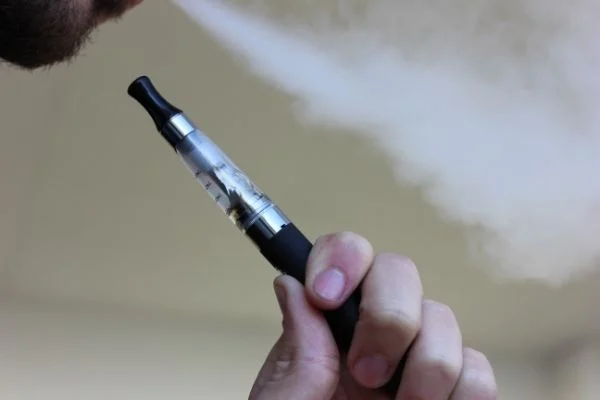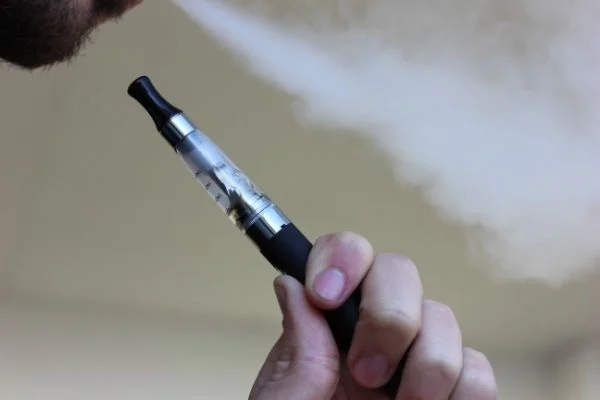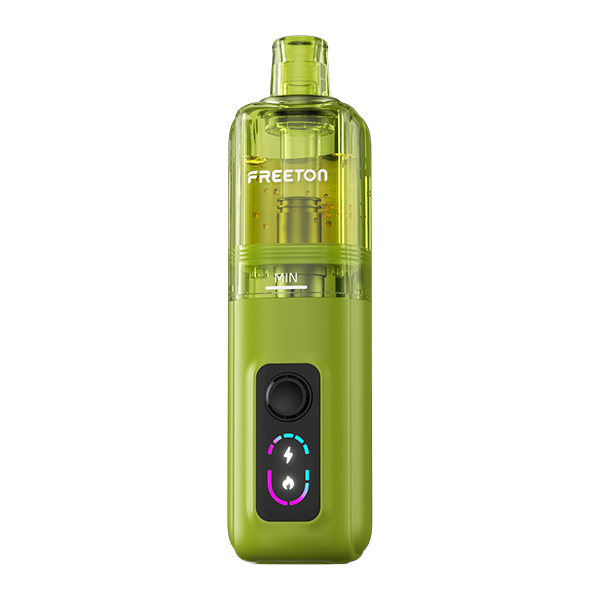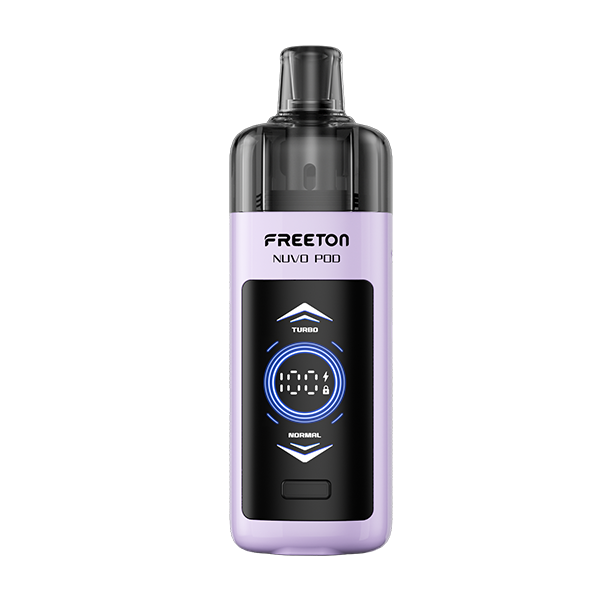
While cigarette smoking has taken a hit as more and more people are aware of the harmful effects which cigarettes can have on your health. These effects range from lung cancer, to heart disease and even hand and foot syndrome. It's no surprise that more and more people want to find an alternative way to […]
While cigarette smoking has taken a hit as more and more people are aware of the harmful effects which cigarettes can have on your health. These effects range from lung cancer, to heart disease and even hand and foot syndrome. It's no surprise that more and more people want to find an alternative way to get the nicotine fix that they crave.
- 1.Is it healthier?
- 2.How does it differ from smoking regular tobacco?
- 3.What are the benefits of e-cigarettes vs. tobacco cigarettes?
- 4.Which is safer?
- 5.Should you quit cigarette smoking, or switch to an e-cigarette device?

Is it healthier?
E-cigarettes have been touted as a safer alternative to smoking cigarettes. But, are they really safer? Researchers are questioning the product's safety in light of growing evidence of health risks. Toxic chemical levels in e-cigarettes are comparable to those in cigarette smoke. Moreover, e-cigarettes are marketed to young people, so their use is closely linked to that of other nicotine products.
Nicotine is present in most e-cigarette products, and it is highly addictive. It is known to cause damage to the developing brains of young children and adolescent adolescents, and it continues to do so into adolescence and early adulthood. In addition, e-cigarette vapor contains other potentially harmful chemicals, such as diacetyl, heavy metals, and cancer-causing chemicals. This is why scientists are still studying the effects of e-cigarettes on health.
The World Health Organization has expressed reservations about e-cigarettes, citing the risks they pose. The American Heart Association has even launched a campaign to ban the sale of e-cigarettes. But what are the benefits of e-cigarettes over cigarettes? The World Health Organization and the American Heart Association aren't so sure. Until they do more studies, it's impossible to say for sure.
While current studies suggest that e-cigarettes are safer than cigarettes, there is no solid proof of the opposite. Despite the fact that the vapor produced by e-cigarettes is significantly less harmful than that of cigarette smoke, researchers say that the health effects of e-cigarette use may be different. In addition to the risk of heart disease and cancer, nicotine is found in most e-cigarette products. Nicotine may also damage fetuses, impairing brain development in children and adults. Further studies are needed to determine if vaping is safe for fetuses.
How does it differ from regular smoking tobacco?
The first question that you might ask is: how does e-cigarette use differ from regular smoking tobacco? The basic difference is that e-cigarettes don't contain tobacco. Instead, they use a battery-powered device with a heating element and cartridges filled with liquid. Vaping produces vapor rather than smoke, which contains tar and carbon monoxide. In contrast, smoking tobacco results in both tar and smoke.
The traditional cigarette contains toxic chemicals, which are absorbed by the body. Inflammation leads to chronic diseases, including emphysema and bronchitis. Nicotine is also toxic to developing fetuses, so smokers should take care to avoid smoking e-cigarettes unless they've never tried smoking tobacco. Regardless of the type of e-cigarette you choose, you should consult with a physician before starting.
Another concern about e-cigarettes is whether they really help smokers stop smoking. Although the CDC says that many adult e-cigarette users do stop smoking, the majority don't stop altogether. This dual use is not a viable way to protect your health. Even a few cigarettes a day can cause serious health problems. It's therefore crucial to quit smoking as soon as possible.
The second concern is whether e-cigarettes contain nicotine. While they are not banned in Canada, the nicotine in e-cigarettes is not. They do, however, contain nicotine. Some e-cigarettes don't contain nicotine, but these products are still not approved for use in Canada. Moreover, the nicotine level in e-cigarettes varies from one brand to another.
What are the benefits of e-cigarettes vs. tobacco?
Recent research shows that e-cigarettes are far less harmful than traditional cigarettes. However, some researchers still doubt their safety. E-cigarettes contain toxins that are not found in tobacco smoke. In fact, the components of e-cigarettes are not regulated like tobacco. This lack of regulation leads to some scientists questioning their safety. For now, they are not considered medically valid.
The AHA supports the FDA's authority over tobacco products, which has the legal responsibility to regulate them. In fact, the FDA has the authority to regulate tobacco products, and allowing electronic cigarettes to be on the market without review is a blatant violation of the law. In addition, it is robbing the public of critical information and relieving manufacturers of the burden of proof of their health benefits.
While many people turn to electronic cigarettes as a way to quit smoking, these products are not a substitute for quitting cigarettes. Quitting smoking is crucial for your health, and switching to e-cigarettes is not recommended, because dual use poses considerable health risks. While the health benefits of switching from tobacco to e-cigarettes are well-documented, the health risks remain.
A study by the University of Cambridge found that smokers who switch from cigarettes to e-cigarettes had significantly lower levels of cotinine (a breakdown product of nicotine) than the non-smokers. Even better, smokers who have stopped smoking and switched to e-cigarettes reported fewer respiratory symptoms than before. The study also found that users of e-cigarettes were half way toward the FMD of a healthy non-smoker after one month.

Which is safer?
E-cigarettes are a relatively new phenomenon, but they have already ignited a firestorm of controversy. While they can be purchased at mall kiosks or online, makers of these vapor products claim they're safer than cigarettes. The FDA, however, has not approved their sale in the country and may soon ban their sale. In the meantime, a group of international experts has published a review in the Lancet that suggests e-cigarettes are safer than cigarettes.
According to the Center for Environmental Health, the number of oxidants released by e-cigarettes is less than one-third of those found in conventional cigarettes. But more studies need to be done to determine exactly what toxins are released into the atmosphere after using an e-cigarette. Although many studies have found that e-cigarettes are not as harmful as cigarettes, the pro-ecigarette lobby argues that the switch to vaping will help smokers quit. However, many studies have found no difference between the effectiveness of nicotine patches and e-cigarettes for smoking cessation. UC San Diego Health is now vaccinating 1,500 workers a day in an e-cigarette clinic in Baja California. A recent Berkeley IGS Poll reveals that a powerful number of Republican voters continue to oppose the idea of switching to e-cigarettes.
The Public Health England claims that e-cigarettes are 95% safer than traditional cigarettes. However, this research was conducted back in 2013 and is not as comprehensive as other recent studies on the subject. While it is possible to attribute the results to common sense and advertisements, the authors do not acknowledge the risk perception of vaping. They also fail to acknowledge the potential negative public health impact. Further research is needed to examine the psychological and physiological effects of vaping.
Should you quit cigarette smoking
When you want to quit cigarette smoking, you need a strong personal reason. You may want to protect your loved ones from the secondhand smoke of tobacco, reduce your risk of developing health conditions, or simply look younger. Quitting can be difficult, and will require counseling and support to overcome withdrawal symptoms. Hypnosis can be effective in easing withdrawal symptoms. However, there are other, less invasive ways of quitting smoking.
To combat the effects of withdrawal, you need to change your routine. Change your morning routine and do something else instead. For example, instead of sifting through social media or reading a magazine, try calling a friend or doing something else productive. This will keep your mind off the cigarette smoke. Remind yourself of the benefits of quitting, and set up rewards for yourself when you succeed. You'll want to make your attempts a positive experience.
Before you start quitting, prepare yourself for the triggers that will be most difficult for you. These may include other smokers in your home, stress, or alcohol consumption. Some people find quitting easier during their vacation. If you live with a smoker, ask him or her not to smoke anywhere in your home or in your car. If you've tried several other methods to quit, you can try hypnosis to stop smoking.
While there is a lot of conflicting information about e-cigarettes circulating on the Internet and there is a lot more we still don't know, the bottom line is that e-cigarettes are, as stated by the CDC , likely to be far less harmful than conventional cigarettes. This alone makes them worth trying for all smokers who haven't been able to quit using other methods.































